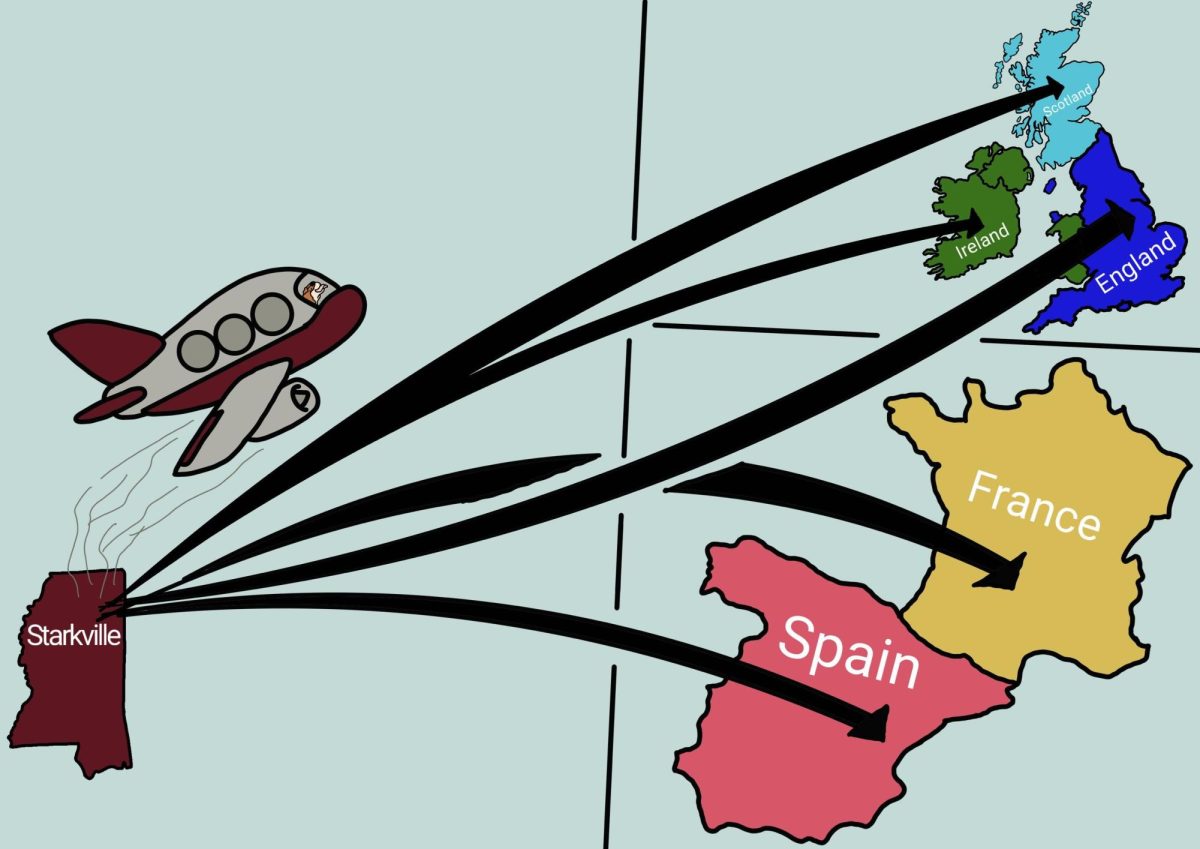Graduate students who have worked on their studies for almost a year face a challenge bigger than a 35-page dissertation Tuesday: they will explain their past year’s worth of work in just three minutes. Mississippi State University’s first Three-Minute Thesis competition fosters this intense condensation of study Tuesday at 2 p.m.
3MT is a competition that challenges graduate students to present a compelling verbal presentation of their thesis or dissertation topic and its significance in just three minutes. A professional panel of both academic and non-academic judges will choose the winners.
The judges will choose eight winners from four academic categories to compete for the grand prize on Nov. 7 from 3-4 p.m. in Fowlkes Auditorium in the Colvard Student Union.
Competitors compete in one of four categories: arts and humanities, life and biomedical sciences and engineering, physical, mathematical and computational sciences and engineering and social behavioral sciences. Competitors are only allowed one Powerpoint slide to use with their presentation. Students have no props and no videos but just three minutes of spoken information.
Lori Mann Bruce, associate vice president for Academic Affairs and dean of the Graduate School at MSU, said the main purpose of this competition is to help graduate students become more comfortable talking about their research.
“This competition is about how well you communicate your research,” Bruce said, as she flipped through a list of areas of study included in the competition. “Someone could be further along in their research or even be doing more advanced research, but if they can’t communicate it well, they are not going to win.”
The grand champion will win $1,000 and go on to compete in a national competition. The grand champion runner up will be awarded $750. There will also be a people’s choice award of $500. MSU students can attend 3MT to vote for their favorite thesis presentation.
Wilks Wood, a second-year graduate student studying entomology, said he hopes to win the money to have some extra cash on his honeymoon, but he also hopes to gain some useful communication skills that help him explain the relevance of his work.
“Communication is an integral part of my future career,” Wood said. “Being able to convey the importance and relevance of research that I have spent so much time on to a layman audience is a great skill. Also, being able to portray all aspects of my research in a clear, concise manner in such a short amount of time could prove useful in interviews, informal discussions and many other situations that I could possibly encounter later in life.”




















































































